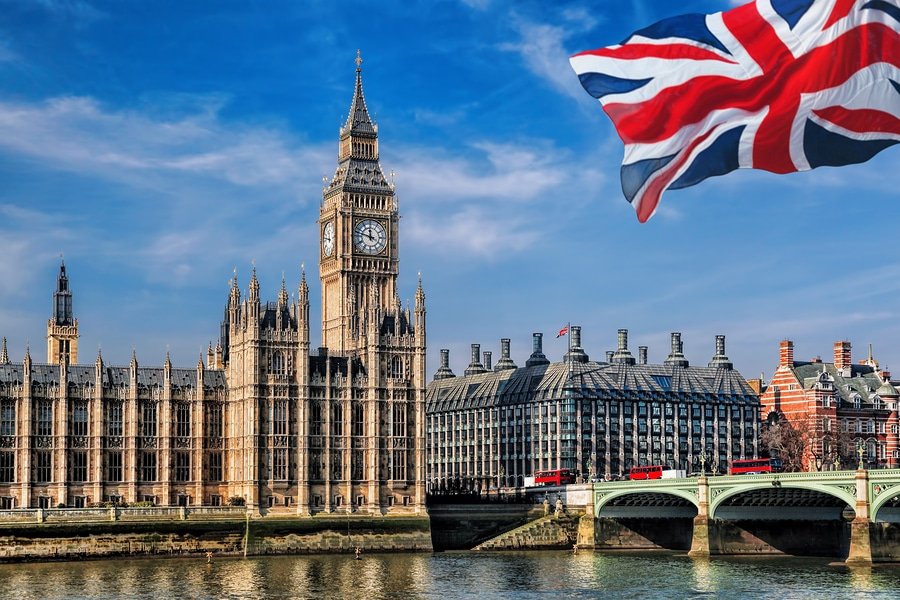The recent increase to employer national insurance contributions will result in annual additional costs for the sector of £430 million from 2025/26 compared to the estimated £371m income created by the recent increase in domestic tuition fees in the UK, according to the OfS.
Speaking at a debate in Westminster Hall on the financial sustainability of the sector on December 5, Minister Janet Daby said the Department for Education was committed to the Office for Students’ (OfS) new focus on financial sustainability and vowed to work closely with Universities UK and other government departments to “protect and sustain” the sector.
On December 2, the OfS announced a temporary pause on accrediting new institutions, allowing it to work more closely with institutions under significant financial pressure in order to protect the interests of students.
“Our recent financial sustainability update provided evidence of the severe pressures facing the sector, and we need to prioritise our finite resources on this important issue,” said Philippa Pickford, OfS director of regulation.
Pausing the registration of new institutions “will allow us to maximise the time our staff spend working closely with institutions at risk to ensure the interests of students are protected”, she added.
The changes, to be in place until August 2025, will suspend new registration applications and pause those in their early stages. No new degree awarding powers will be granted and no new applications for changing a university title will be registered.
These cost-cutting measures come on the back of the government’s 3.1% rise in domestic tuition fees, which it announced in November.
While many cash-strapped universities welcomed the revenue boost, concerns have been raised about the increasing financial burden shouldered by students.
“We have students who increasingly feel burdened by the cost-of-living crisis and the long-term repayment of loans,” said Lib Dem MP for Cheltenham Max Wilkinson.
Wilkinson pointed the finger at the previous Conservative government that “broke the sector’s finances” but said that the Lib Dems “cannot support simply raising fees at this stage without substantial reform”.
“We must absolutely not lose sight of the key challenge that is removing barriers to entry for students and that is why the Liberal Democrats believe that he reintroduction of maintenance grants is a vital first step.”
At the University of Gloucestershire in Wilkinson’s constituency, the dependants ban brought in by the Conservative government has caused a £4m drop in tuition fee revenues this year caused by falling international student numbers.
“The combination of the visa crackdowns and the rhetoric about foreign-born students placed further stress on the sector.
“When I speak to the university [of Gloucestershire] they tell me that their agents say that feedback from international students is that they feel they’re not quite so wanted in the UK as they once were,” said Wilkinson
Rachel Hopkins, Labour MP for Luton South and South Bedfordshire, agreed that the dependants ban had been “detrimental” for the University of Bedfordshire, which had “previously been held afloat by international admissions”.
The combination of the visa crackdowns and the rhetoric about foreign born students placed further stress on the sector
Max Wilkinson, MP
Nationwide, the ban on dependants has contributed to a 16% decline in international enrolments in 2024, with nearly three quarters of higher education providers in England at risk of deficit next year, according to the OfS.
Minister Daby reiterated Labour government’s commitment to welcoming international students to the UK, “who have been treated as [political] footballs and not valued gifts”.
“Be in no doubt, international students are welcome in the UK and that’s why we are offering students who successfully complete their studies the opportunity to remain in the UK – to work, to live and to contribute to our national life.”
However, Daby stopped short of “committing to maintaining the graduate route on its current terms for the duration of this Parliament”, as suggested by Labour MP Adam Thompson who brought the debate to Westminster.
While Thompson welcomed the government’s budget allocation of £6.1bn “to protect core R&D funding”, he emphasised the need for “an ambitious and long-term approach” for the future.
Furthermore, Thompson “strongly encouraged” the government to engage with the sector and focus “as deeply as possible” on the creation of a cross-sector taskforce as outlined by Universities UK in its most recent blueprint for change.
Recognising that “a real change of approach is needed from the government and the sector itself”, Minister Daby said that the government would be setting out its long-term plans for reforming the sector in the summer of 2025.



